#the white mosque
Explore tagged Tumblr posts
Text
On the crest of a hill, the third voice enters: a voice that demonstrates, with elegant precision, the primacy of speech over writing. Johann Drake is trying to swallow a Bible. Take it, and eat it up. Eating a book is a nonliterate response to text. Ingested and digested, the words become part of the speaker, who is then endowed with the spirit of prophecy. The image echoes the sacrament of communion, in which participants ingest the body of Christ, the Word made flesh. The vision of eating a book evokes a transcendent relationship with language, in which one is not a speaker but an instrument. The words of the Book flow from one’s mouth. Pure praise, pure expression, like lark song. As the old hymn puts it, “How can I keep from singing?”
—Sofia Samatar, The White Mosque: A Memoir
79 notes
·
View notes
Text
Could we with ink the ocean fill And were the skies of parchment made Were every stalk on earth a quill And every man a scribe by trade To write the love Of God above Would drain the ocean dry Nor could the scroll Contain the whole Though stretched from sky to sky.
Sofia Samatar, The White Mosque
6 notes
·
View notes
Text
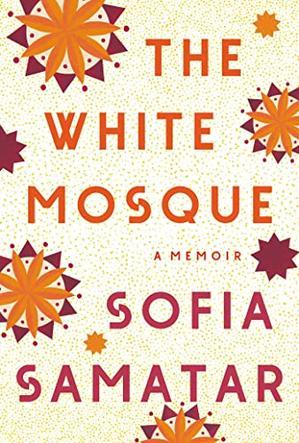
The White Mosque - A Memoir - Sofia Samatar
RELEASE DATE: Oct. 25, 2022 An exploration of religious and cultural identity through the lens of an ill-fated pilgrimage into Central Asia in the late 19th century. In the 1880s, a group of German-speaking Mennonites known as the Bride Community followed the charismatic visionary Claas Epp on a harrowing journey into pre-Soviet Uzbekistan, where Epp predicted Christ would return. Despite losing many followers to death or disillusionment, the core group reached the Muslim khanate of Khiva and founded the Christian community known as Ak Metchet—the White Mosque—a village that survived 50 years before its dissolution by the Bolsheviks. Embarking on a Mennonite heritage tour through Uzbekistan, Samatar—fantasy novelist, professor of African and Arabic literature, and daughter of Swiss Mennonite and Somali Muslim parents—chronicles her journey through the century-old footsteps of the Bride Community in an attempt to see this beautiful, alien region through their eyes. In addition to the community’s path, the author traces their intersections with the Muslim people of the region, whose generosity carried the Christian pilgrims to their destination.
Samatar interweaves this historical narrative with her own personal history and a litany of religious, literary, and philosophical texts, stitching together a multifaceted account of faith, identity, and acceptance. “It’s the contrast, the incongruity, that delights,” she writes. “Beyond the initial shock of the story of reckless prophecy, this story that makes my listeners shake their heads, recoil, or laugh, there’s the reverberation of Mennonites in Uzbekistan. Rendered in the author’s vivid prose, Uzbekistan—a place unknown to most Western readers—feels like a fantastic land of deep history, stunning architecture, and uniquely diverse culture. The author devotes the same careful attention to Mennonite theology and society, depicting the complicated international religious and ethnic community with a caring but critical eye. Reaching beyond all state and religious boundaries, Samatar is “always saying we,” incorporating more and more of humanity into a growing inner circle.
Complex and gorgeously written, this memoir invites readers on a journey to the ever expanding borders of human compassion.
2 notes
·
View notes
Text

Michele Lamy at the Sheikh Zayed Grand Mosque in Abu Dhabi (2006)
#michele lamy#Sheikh Zayed#mosque#islam#photography#black and white#fashion#abu dhabi#rick owens#2006
195 notes
·
View notes
Text
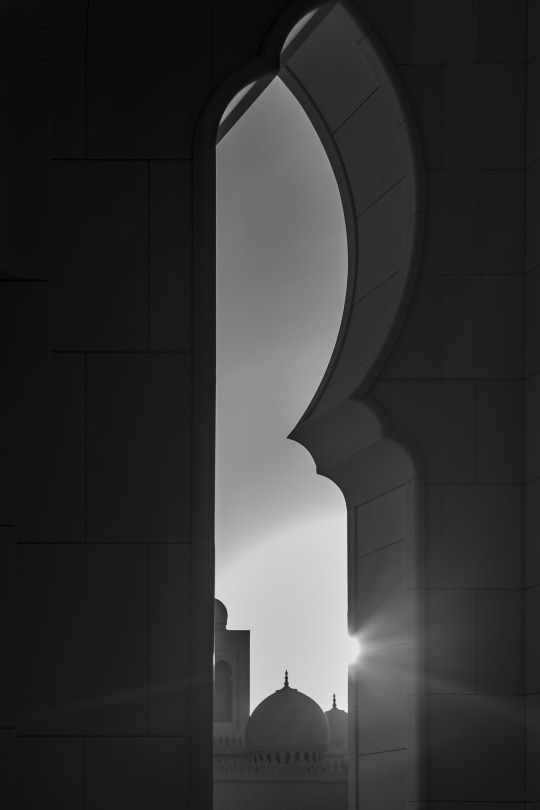
A door at the Sheikh Zayed Grand Mosque, by sir20
#original photographers#photographers on tumblr#photography#black and white photography#archtecture#sir20#photographie#fotografía#fotografia#fotografie#original photography#artists on tumblr#creators on tumblr#fine art photography#fine art#architectural#architecture photography#bnw#b&w#blanco y negro#bianco e nero#noir et blanc#sun#sun rays#lens flare#mosque#black and white#design#uae#united arab emirates
233 notes
·
View notes
Text
📍Üsküdar, Istanbul, Turkey 🇹🇷
#video#paradise#view#nature#paraiso#natureza#explore#travel#trip#vacation#winter#inverno#snow#istambul#istanbul#turkey#turquia#turco#city#ocean#sea#all white#landscape#love#music#trees#snowing#mosque#mesquita
124 notes
·
View notes
Text
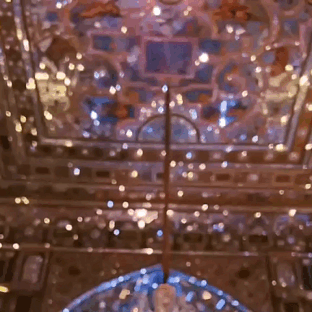







hobopeeba on ig
#interiors#stim#sfw#mirrors#reflective#chandeliers#blue#gold#bronze#brown#white#decor#blurry#sparkly#ishy gifs#postish#architecture#mosques
999 notes
·
View notes
Text

Women in the courtyard of the main mosque, Quom, Iran, Gilles Peress, 1979
#photography#vintage photography#vintage#gilles peress#black and white photography#iran#1970s#1979#french#mosque
35 notes
·
View notes
Text
Nuking Gaza

Gaza is 25 miles long and 6 miles wide.
It is home to 1 million catastrophically traumatised children.
They have no water or food.
Israel’s dropped explosives on them equal to 1.5 Hiroshima atomic bombs.
In 3 weeks.
Do you get the enormity of the crime we are witnessing yet?
(Matt Kennard)
#palestine#palestinians#free palestine#genocide#palestinian genocide#gaza strip#gaza#free gaza#gazaunderattack#save gaza#gaza genocide#nakba#jerusalem#isreal#israel#benjamin netanyahu#al quds#alaqsa#al aqsa mosque#white phosphorus#al aqsa storm#nablus#west bank#jenin#jenin refugee camp#islam#muslim#muslims#muslim ummah#arabs
240 notes
·
View notes
Text
🏛️ symmetry 🕌
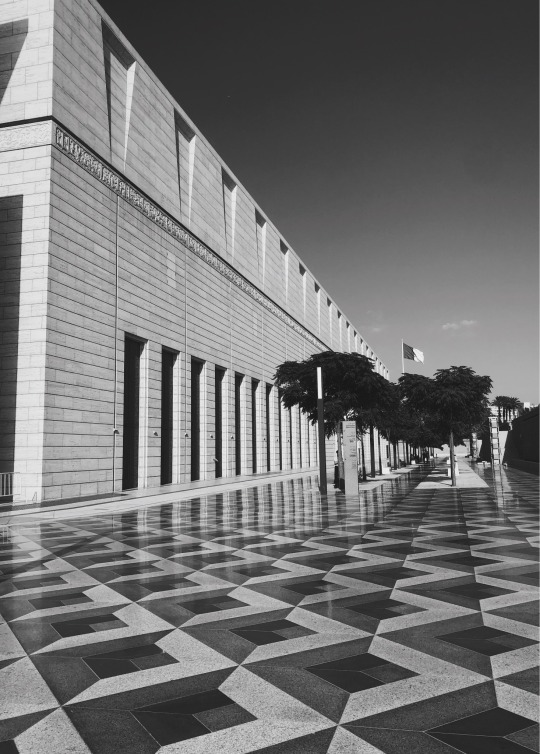
Mosque Djamaa el Djazaïr -Algeria
#photographers on tumblr#photography#algeria#Alger#mosque#mosquée#algerie#black and white#black and white photography#travel#summer#art deco#lumina d
63 notes
·
View notes
Text
Algeria Sunsets 🌇 !.
#Algeria#Algiers#La grande poste#The great mosque#downfalldestiny#downfall#life#magic destinations#magical world#magic moments#Beauty#Sunsets#Sun#Street#Cars#Buildings#White#Pigeon
82 notes
·
View notes
Text
Lois pauses to note how rare Elizabeth’s memoir is, this woman’s writing. “Didn’t any of the women on the trek keep diaries?” she asks. Nobody knows, so Lois answers the question herself: “Maybe they did, but people didn’t think they were important, so they didn’t save them.” I think of all the women who lay in the street at Ak Metchet, who climbed on the cars, who carried their children onto the cars. Such women generally leave few records. Their letters, if preserved, are considered to have little meaning outside the family. These women leave behind quilts, embroidery, recipes, planting schedules. Perhaps a knack for languages. The shape of an elbow or a nose. Their legacy consists of objects and children. To seek these women, who treated their bodies so recklessly, is to be stuck with the body. Stuck with the body, or gifted with the body. Maybe this is why, among the many extant pages of men’s writing, Elizabeth Unruh’s memoir glows with a near-unbearable intensity, a radiance so strong it’s almost black. Precious Elizabeth! The only one to tell us of the bats in the ancient prison of Samarkand, the giant birds in the mountains of Bukhara, the caves where colored stones lay strewn like gems. The only one who tried to record the name of every fruit. As the sole woman to take her place in the history of the Great Trek, she makes me long for the lost stories of women, the diaries that might have recorded more of what I most want to know, and what Elizabeth captures best: the texture of experience.
—Sofia Samatar, The White Mosque: A Memoir
57 notes
·
View notes
Text
In the classical Arabic tradition, poetry is known as sihr halal, lawful magic—an oxymoron, as magic is by nature unlawful, forbidden.
Sofia Samatar, The White Mosque
15 notes
·
View notes
Text

Hassan II Mosque, interior - Casablanca, 2012
#original photographers#photographers on tumblr#travel#b&w photography#islamic architecture#mosque#architecture#monochrome#black & white
26 notes
·
View notes
Text
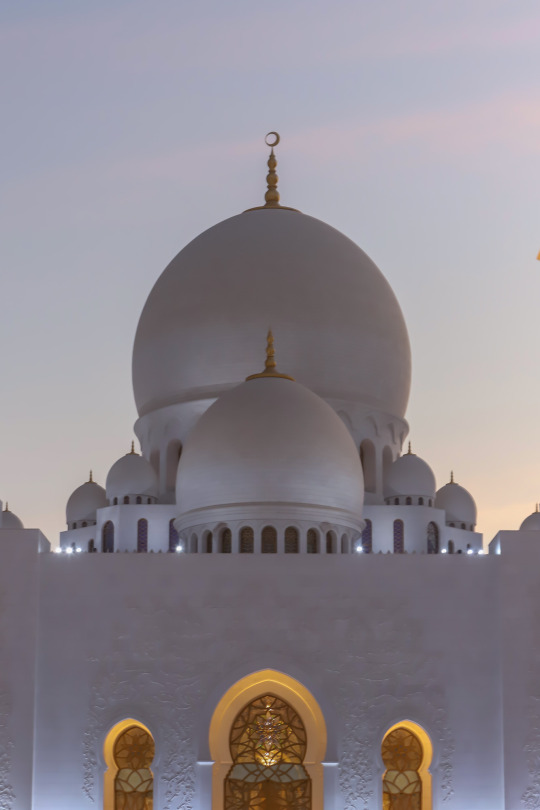
Sheikh Zayed Grand Mosque, Abu Dhabi by sir20
#original photographers#photographers on tumblr#photography#travel#architecture#sir20#photographie#fotografía#fotografia#fotografie#original photography#artists on tumblr#creators on tumblr#fine art photography#architectural#architecture photography#mosque#abu dhabi#uae#white#pure#golden hour#religious art#monochrome#golden
131 notes
·
View notes
Text
by Chuck Ross
The Biden White House and Senate Democrats have touted their funding for an anti-terrorism initiative they say "has been critical to the security of Jewish institutions." But the program has given hundreds of thousands of dollars in recent months to mosques whose clerics have preached anti-Semitic hate, cheered Hamas’s Oct. 7 terrorist attacks on Israel, and been accused of raising money for terrorist groups.
The Department of Homeland Security has awarded $150,000 in grants since November to Masjid Jamaat al Mumineen, the Islamic Society of Akron and Kent, and the Islamic Center of Bothell as part of its "Nonprofit Security Grant Program," according to federal records. The program gives taxpayer funds to nonprofits and religious groups deemed "at high risk of terrorist attack" to help enhance security.
President Joe Biden touted the program last year as an example of the administration’s "aggressive" actions to counter anti-Semitism and "protect Jewish institutions."
But the mosques have condoned the kinds of violence the grant program aims to prevent. In a sermon last month, Nader Taha, the imam of the Islamic Society of Akron & Kent, called the Oct. 7 attacks a "miracle" that "planted the seed of freedom in the heart of not just only the Muslim world, but the whole world."
"The faces of the children of Israel will be so humiliated," he said in the sermon reported by the Middle East Media Research Institute. Kent State University, where Taha works as a math lecturer, condemned Taha’s remarks as "anti-Semitic," saying that "references to the October 2023 massacre are abhorrent and stand in stark contrast to our institutional commitment to peaceful dialogue, as well as our core values of kindness and respect."
Masjid Jamaat al Mumineen, a South Florida mosque led by Imam Izhar Khan, promotes numerous books on its website that preach violence against Jews and Christians. In 2011, Khan was indicted alongside his father and several brothers on charges that they funded the Pakistani Taliban, a terrorist group aligned with al Qaeda. According to prosecutors, the Khan family funneled money back to the terrorist group to "further acts of murder, kidnapping and maiming" of Americans. A judge dismissed charges against Khan in 2013 after he served 20 months in prison, citing a lack of evidence. His father was sentenced to 25 years in prison, but he was released in 2019, shortly before his death.
8 notes
·
View notes